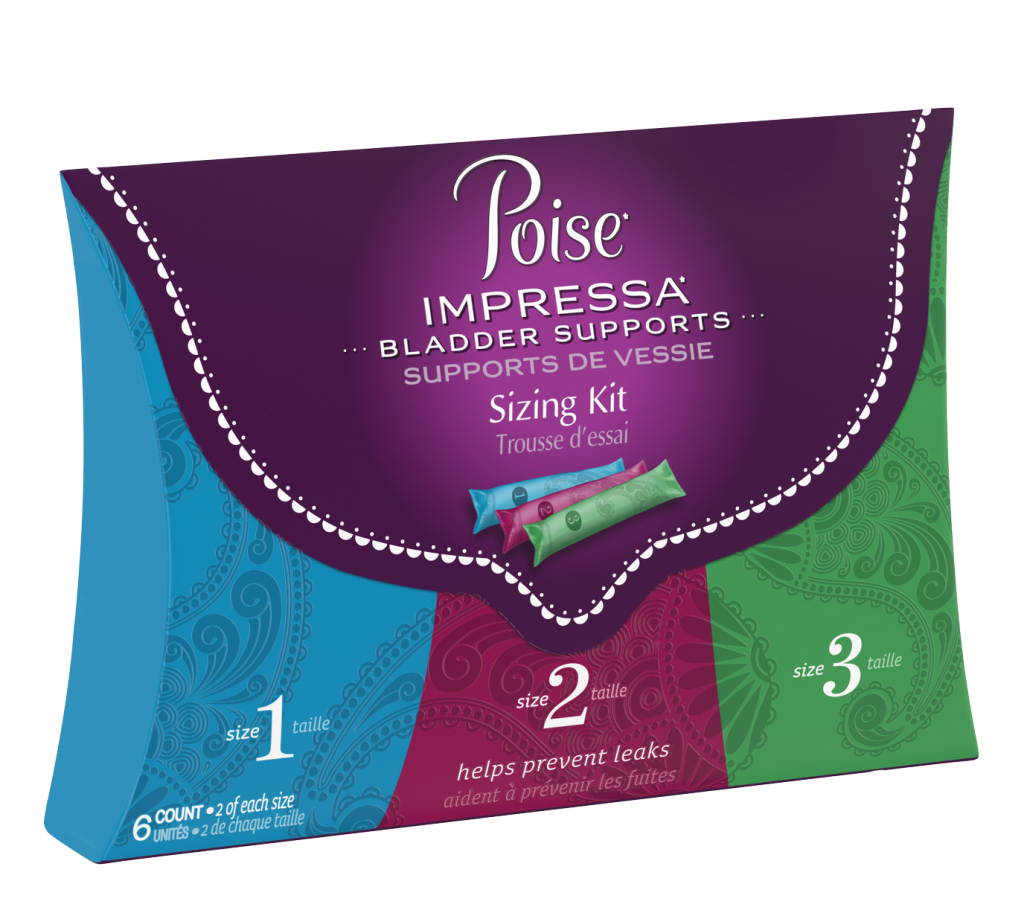Did you experience any weird physical “side effects” after having kids? I recently posted this question on my Facebook page to share some of the weird and crazy changes that I’ve gone through since having kids. Specifically, I experienced these three changes:
1. I can’t sleep on my stomach anymore, its hurts my back too much.
2. My feet grew! I now wear size 8 shoes vs 7 previously.
3. My eye sight improved!

Some of my readers also shared some of their changes. The most common theme was hair changes. Hair growing back slower and thinner, changing shape (i.e. from straight to curly) and hair going darker with each pregnancy. A lot of people also mentioned that they began experiencing a variety of allergies to food, dust and cats after being pregnant.
Another common change, one that most people don’t often talk about, is experiencing Stress Urinary Incontinence (SUI). If you’re not familiar with the medical term, SUI is when you pee a little from laughing, coughing, sneezing, exercising or dancing. Some of my readers even mentioned that this happens to them during morning sickness too (talk about a double whammy).
I was recently able to interview Dr. Jennifer Berman, leading expert on women’s sexual health issues and co-host of The Doctors, and ask her about SUI. Dr. Berman, who has openly spoken about her own experience with SUI is advocating for women to start talking about SUI so we can take control of this issue instead of live in fear of the “what if?”. Here’s my Q&A with Dr. Berman.

Q: SUI seems to be about as common as getting ones period, however, there’s a lot of stigma around it that no one talks about. Why do you think that is?
A: There’s a stigma associated with incontinence because it has to do with a bodily function and losing control of a bodily function. So because it involves a bodily function that has to do with excrement, which we typically do in the privacy of our bathrooms, there’s shame, embarrassment and humiliation around it – especially when we lose control. Many women experience SUI, so it’s important to talk about it to help eliminate the stigma surrounding it.
Q: Do you experience SUI? What are some of the ways that you would deal with it?
A: I’m technically perimenopausal/menopausal, and I’ve also had two children. I experienced Stress Incontinence after each child for a period of time which resolved after I healed. One was a vaginal delivery, one was a C-section, and I experienced Stress Incontinence with both. But over time, with natural aging and change in hormones, I recently experienced Stress Urinary Incontinence again that I would consider mild. This happens only with certain activities — particularly riding horses — and Kegel exercises weren’t working for me. The only option I initially had was surgery. But because I considered my problem to be mild, I didn’t want to undergo the anesthesia, the risks, taking time off of work, and the recovery. I was so excited to learn about Poise Impressa! I looked at the studies, the data, and tried the product – and it works. It’s effective and it’s easy to use. I’ll continue to use it.

Q: Can SUI be treated so that it stops happening altogether?
A: The treatment for Stress Urinary Incontinence is surgery and the efficacy of surgery is up to 86-90%. However, nothing is 100%. Depending on where you are in your life when you have surgical intervention – relief is not always forever either. There isn’t a 100% cure. In addition to the Prolene mesh, other people have tried bulking agents to the bladder neck and other area, which come with risks, side effects and limited efficacy.
Q: What makes Poise Impressa Bladder Supports unique and different compared to other stuff that’s on the market?
A: There are no other over-the-counter products available that function to support the urethra and treat Stress Urinary Incontinence. It makes a difference in that Poise Impressa provides an anatomic support to the urethra just as a surgical treatment would provide.
Q: What advice would you share with women who experience SUI?
A: Women can deal with Stress Urinary Incontinence by talking about it. Women should talk to their healthcare provider and talk to their friends. It’s important to know that there are now options for treating Stress Urinary Incontinence, that they’re not alone, that this is extremely common, that they can research online and seek solutions on their own. Even if women don’t want to go to a healthcare provider or talk to anyone about it, they can go to the store and buy Poise Impressa to effectively treat it.
Have you ever experienced SUI? Are you ashamed of it or do you openly talk about it? Have you ever taken or done anything to try and prevent it?